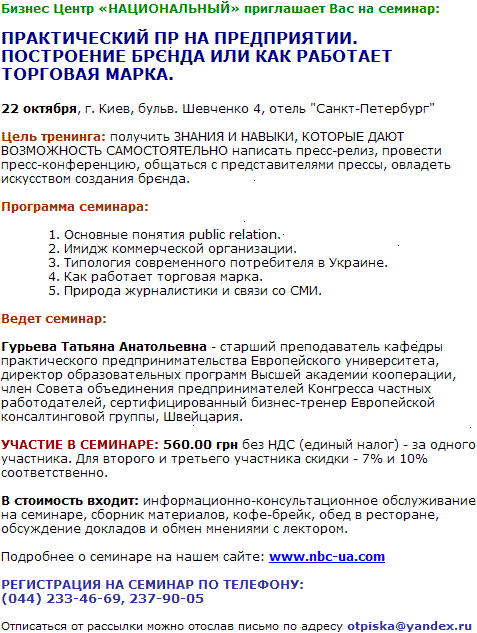
contrary' As it was addressed to officers in all parts of the United Kingdom, the 'general press' was not confined to London and its neighbourhood, though it was to begin in the capital Though returns of the numbers impressed have not been discovered, we have strong evidence that this 'general press,' notwithstanding the secrecy with which it had been arranged, was a failure On the 6th December 1803, just a month after it had been tried, the Admiralty formulated the following conclusion 'On a consideration of the expense attending the service of raising men on shore for His Majesty's Fleet comparatively with the number procured, as well as from other circumstances, there is reason to believe that either proper exertions have not been made by some of the officers employed on that service, or that there have been great abuses and mismanagement in the expenditure of the public money' This means that it was now seen that impressment, though of little use in obtaining men for the navy, was a very costly arrangement The Lords of the Admiralty accordingly ordered that 'the several places of rendezvous should be visited and the conduct of the officers employed in carrying out the above-mentioned service should be inquired into on the spot' Rear-Admiral Arthur Phillip, the celebrated first Governor of New South Wales, was ordered to make the inquiry This was the last duty in which that distinguished officer was employed, and his having been selected for it appears to have been unknown to all his biographers It is not surprising that after this the proceedings of the press-gang occupy scarcely any space in our naval history Such references to them as there are will be found in the writings of the novelist and the dramatist Probably individual cases of impressment occurred till nearly the end of the Great War; but they could not have been many Compulsory service most unnecessarily caused--not much, but still some--unjustifiable personal hardship It tended to stir up a feeling hostile to the navy It required to work it machinery costly out of all proportion to the results obtained Indeed, it failed completely to effect what had been expected of it In the great days of old our fleet, after all, was manned, not by impressed men, but by volunteers It was largely due to that that we became masters of the sea VI PROJECTED INVASIONS OF THE BRITISH ISLES[62] [Footnote 62 Written in 1900 (_The_Times_)] The practice to which we have become accustomed of late, of publishing original documents relating to naval and military history, has been amply justified by the results These meet the requirements of two classes of readers The publications satisfy, or at any rate go far towards satisfying, the wishes of those who want to be entertained, and also of those whose higher motive is a desire to discover the truth about notable historical occurrences Putting the public in possession of the materials, previously hidden in more or less inaccessible muniment-rooms and record offices, with which the narratives of professed historians have been constructed, has had advantages likely to become more and more apparent as time goes on It acts as a check upon the imaginative tendencies which even eminent writers have not always been able, by themselves, to keep under proper control The certainty, nay the mere probability, that you will be confronted with the witnesses on whose evidence you profess to have relied--the 'sources' from which your story is derived--will suggest the necessity of sobriety of statement and the advisability of subordinating rhetoric to veracity Had the contemporary documents been available for an immediate appeal to them by the reading public, we should long ago have rid ourselves of some dangerous superstitions We should have abandoned our belief in the fictions that the Armada of 1588 was defeated by the weather, and that the great Herbert of Torrington was a lubber, a traitor, and a coward It is not easy to calculate the benefit that we should have secured, had the presentation of some important events in the history of our national defence been as accurate as it was effective Enormous sums of money have been wasted in trying to make our defensive arrangements square with a conception of history based upon misunderstanding or misinterpretation of facts Pecuniary extravagance is bad enough; but there is a greater evil still We have been taught to cherish, and we have been reluctant to abandon, a false standard of defence, though adherence to such a standard can be shown to have brought the country within measurable distance of grievous peril Captain Duro, of the Spanish Navy, in his 'Armada Invencible,' placed within our reach contemporary evidence from the side of the assailants, thereby assisting us to form a judgment on a momentous episode in naval history The evidence was completed; some being adduced from the other side, by our fellow-countryman Sir J K Laughton, in his 'Defeat of the Spanish Armada,' published by the Navy Records Society Others have worked on similar lines; and a healthier view of our strategic conditions and needs is more widely held than it was; though it cannot be said to be, even yet, universally prevalent Superstition, even the grossest, dies hard Something deeper than mere literary interest, therefore, is to be attributed to a work which has recently appeared in Paris[63] To speak strictly, it should be said that only the first volume of three which will complete it has been published It is, however, in the nature of a work of the kind that its separate parts should be virtually independent of each other Consequently the volume which we now have may be treated properly as a book by itself When completed the work is to contain all the documents relating to the French preparations during the period 1793-1805, for taking the offensive against England (_tous_les_documents_se_rapportant_ _a_la_preparation_